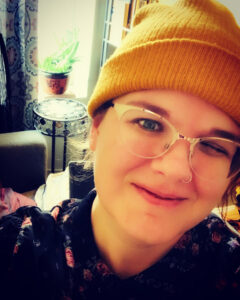Amanda Feliz
ENG1121
August 28, 2020
Prof. Penner
Quote 1: “There are essentially three sub-types of these: residential, vocational, and occupational.”
Response: I found this quote interesting because Swales was informing his readers that there are three subtypes of local discourse communities. Which is something new readers can learn for the future if this ever comes across to them.
Quote 2: “Focal communities are the opposite in many ways of local ones. They are typically associations of some kind that reach across a region, a nation, and internationally.”
Response: I found this quote interesting because Swales was explaining focal communities and how they are the opposite of the local discourse communities. This piece of information could help us know the differences between the two.
- The discourse community I have participated in is folocal discourse communities because Swales states “as they are confronted by internal and external challenges and pressures.” which is something that I and other people have gone through in our daily lives. According to Swales he says “They understand how things operate in their own institution as they go about their teaching and administrative activities.” This piece of information tells us their ways of communicating which show us they have an understanding of things and they go by what they know.
- Another discourse community I have participated in is local discourse communities because Swales states that “These are groupings of people who all work at the same place”. I made a connection with school because there are people in my school working towards different goals. According to Swales he says “have acquired many abbreviations and acronyms as well as some special words and phrases that are needed in order to get their jobs done more quickly.” This piece of information determines that in local discourse communities they use “abbreviations” or “acronyms” to understand each other in a clear and quicker way





Leave a Reply